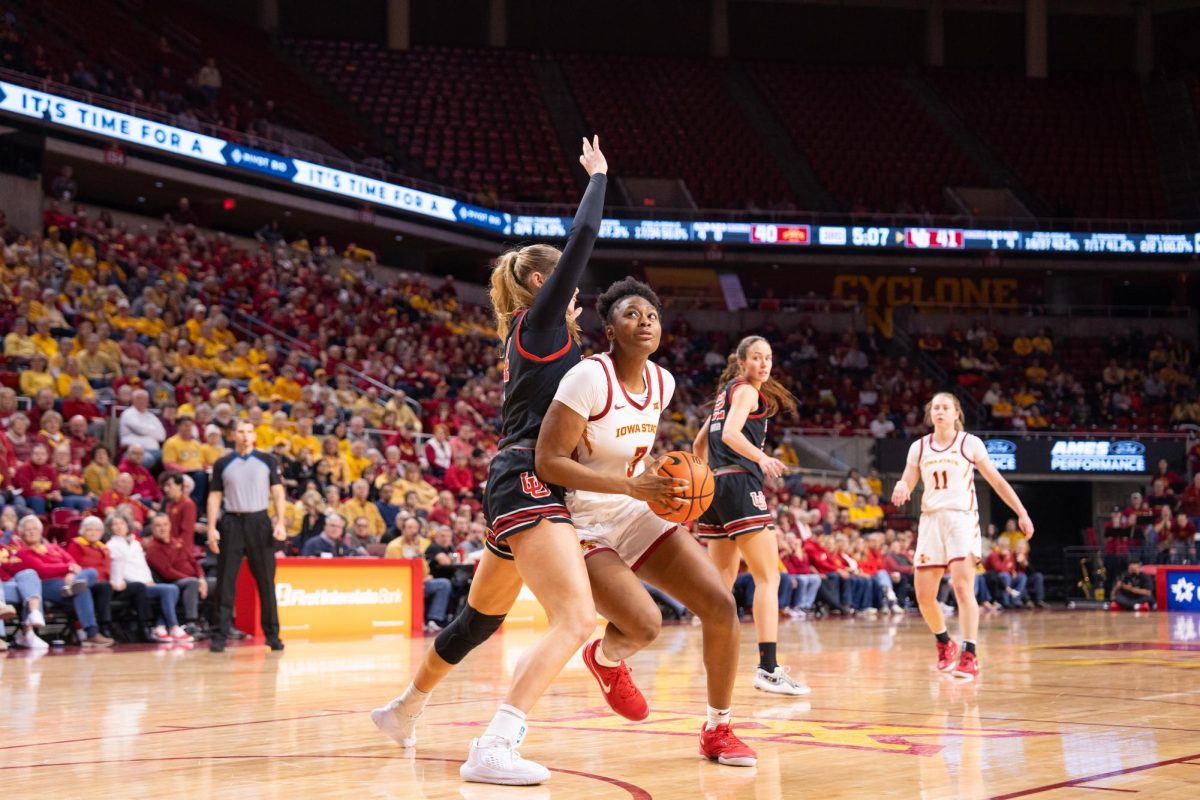Winter break length debated, faculty push for 1 more week
April 25, 2002
The Faculty Senate’s recommendation to lengthen semester break and shorten summer break has met some student disagreement, as students say the changes would hurt rather than help.
The Senate passed a motion during its April 9 meeting to change the current calendar system, that, if approved by the university, would add an extra week to the school year. The Senate wants the spring semester to start on the Tuesday following Martin Luther King Jr. Day. This change adds an extra week to the semester break and pushes back the end of the spring semester one week.
“I need to make as much money [as possible] in the summer, so I don’t have to work as much during the school year,” said Cara Stilley, sophomore in psychology.
With one less week in the summer, the change would also cut back on the time available for students to complete internships.
Brian Owens, junior in business, thinks having an extra week would only drag out the break.
“It would make winter break too long and most people don’t work [during break] anyway,” he said. “I’d rather have an extra week in the summer than in the winter.”
The Faculty Senate supports the policy because an extra week would help faculty professionally.
“The most important reason for the longer break is to provide needed time to organize courses for the spring semester,” said Faculty Senate President Christie Pope. “Faculty workloads are very heavy toward the end of fall semester, and so they need the extra time to work on syllabi, readings, lectures, etc.”
Pope also said having an extra week during semesters makes it easier for Iowa State to attract faculty who are trying to balance their professional and family lives.
“More and more junior faculty are married to [other university faculty] and, because jobs are scarce, they often find employment at different institutions,” Pope said. The proposal would give them more time together.
Another reason faculty prefer the four-week break is it allows them time to do research and other professional activities, Pope said.
“Most faculty prefer the longer break, because many meetings of societies in their disciplines take place during this period. It also provides time to do research, which is especially important for those people who need to travel to archives or to other universities to collaborate on research projects,” Pope said.
There is more to do in the summer in a week than in the winter, Stilley said.
“I have spring fever as it is and I don’t really want to be in classes an extra week,” she said.






